It's been 22 years since the release of J.K. Rowling's inaugural novel Harry Potter and Ikaw Lang Ang Mahalthe Sorcerer's Stone (and 10 since she put the book series to rest with Harry Potter and the Deathly Hallows). Throughout the seven books, audiences became accustomed to the immensely empathetic knowledge possessed by so many of Rowling's sincere characters.
And though most us don't face the same exactsituations that characterized Harry's time at Hogwarts School of Witchcraft and Wizardry, the series' many insights can help guide us through whatever tribulations we're facing out here in the Muggle world.
Covering an array of subjects, from identity, purpose, and generosity to love and the slim boundary between life and death, here are the 15 most influential life lessons tucked into the pages of the beloved book series.
After Dumbledore essentially tells off the Dursleys for mistreating Harry for his entire childhood, he informs them of the magical protection he placed on their house for the time that Harry lived there. They're dumbfounded, and Dumbledore wastes no time ushering Harry out of the house to begin their fateful journey back to Hogwarts. Dumbledore's all-knowing optimism sets the tone for the rest of his interactions with Harry throughout the sixth book.
After it becomes widely known that Hagrid's mother was a giantess, a very ashamed Hagrid attempts to resign from Hogwarts. Dumbledore refuses to accept Hagrid's resignation, and Harry, Ron, and Hermione tell Hagrid they, too, want him to return to teaching. During a tender moment in Hagrid's cabin, Hagrid explains his parents' -- and his own -- philosophy on self-acceptance.
 Credit: bob al-greene / mashable
Credit: bob al-greene / mashable Nicolas and Perenelle Flamel lived for 600 years thanks to the Elixir of Life provided to them by the sorcerer's stone. But after Voldemort comes dangerously close to stealing the stone and its powers, the couple decide it's best they finally lay themselves to rest. Dumbledore explains their decision to a very bewildered Harry.
As Harry rides the Hogwarts Express on his journey back from school after his fourth year and the dire Triwizard Tournament, he dreads disembarking from the train, having to say goodbye to his friends, and returning to the drabness that is the Dursley's home and the Muggle world.
 Credit: bob al-greene / mashable
Credit: bob al-greene / mashable "Time will not slow down when something unpleasant lies ahead."
As Sirius, Hermione, Ron, and Harry discuss the suspicious behavior of Barty Crouch before they discover he used the polyjuice potion to disguise himself as Mad Eye Moody, Sirius gifts the trio with a nugget of important knowledge about human nature.
 Credit: bob al-greene / mashable
Credit: bob al-greene / mashable After awarding Harry, Hermione, and Ron points for their respective courage, logic, and chess-playing skills in battling Voldemort for the sorcerer's stone, Dumbledore makes recognizes Neville Longbottom for his ability to stand his ground against Harry, Ron, and Hermione when they tried to sneak out of the Gryffindor common room to foil Voldemort's plan.
Moments before Harry finally kills Voldemort once and for all, Dumbledore urges him to not hesitate or overthink the prospect of ending another human's life. Dumbledore's rationale is that by killing Voldemort, Harry is actually saving countless lives in the process.
After Dumbledore catches Harry staring into the Mirror of Erised to see himself with his late parents, Dumbledore cautions Harry against spending time hoping for what could — or in Harry's case, cannot — be.
As Harry and Dumbledore venture across the lake Voldemort has directed them to so Harry and Voldemort can face off as two parts of the same evil soul, Harry spots dead bodies floating in the water and is very frightened. Dumbledore sagely instructs Harry to examine what it is that scares him about death.
The bulk of Luna's possessions are lost or stolen during her fifth year at Hogwarts, and Harry catches her searching for her things while the feast marking the end of the school year rages on in the Great Hall. Harry inquires why she isn't attending, and then offers to help Luna find her stuff. She declines his offer, however, and gifts Harry with wisdom about the meaninglessness of worldly possessions and the assurance that everything always turns out right in the end.
 Credit: bob al-greene / mashable
Credit: bob al-greene / mashable In explaining to Harry how and why Voldemort assigned Harry to be a horcrux, Dumbledore lays out the weaknesses of all those who usurp an immense amount of power and use it for their own gain. Dumbledore both proves to Harry that Harry is one of Voldemort's greatest threats, and describes a political truth relevant to life outside the book series.
After Harry mistakes his reflection and patronus for his late father, Harry admits to Dumbledore his embarrassment in thinking he saw his dad. Dumbledore reassures Harry that he shouldn't be embarrassed, because those we've lost live on within us.
Dumbledore enlightens Harry that the prophecy and the fact that Harry had been marked as "the chosen one" means that Harry is the only being capable of killing Voldemort. More than that, Dumbledore intuits that Harry won't rest until he has done so. Harry realizes the nuance in Dumbledore's distinction between those who merely possess the ability to do something and those who see it as their duty.
While coming down from his battle with Tom Riddle and the basilisk in the Chamber of Secrets, Harry fears the similarities between his immense powers and that of Voldemort. However, Dumbledore assuages and disproves Harry's fears that Harry might become evil one day by explaining that one's intentions are the bedrock of one's identity, not one's capabilities.
 Credit: bob al-greene / mashable
Credit: bob al-greene / mashable "It is our choices ... that show what we truly are, far more than our abilities."
After the fatal events of the Triwizard Tournament, Harry is exhausted and traumatized. Dumbledore asks Harry to recap his interactions with Voldemort inside the tournament arena, but Sirius interjects that Harry needs to rest and that the interrogation can continue in the morning. Dumbledore disagrees, and persuades Harry to face his most recent horrific experience head on.
Topics Books Harry Potter
(Editor: {typename type="name"/})
 Spicer, Racked
Spicer, Racked
 Less Is More by Kyle Chayka
Less Is More by Kyle Chayka
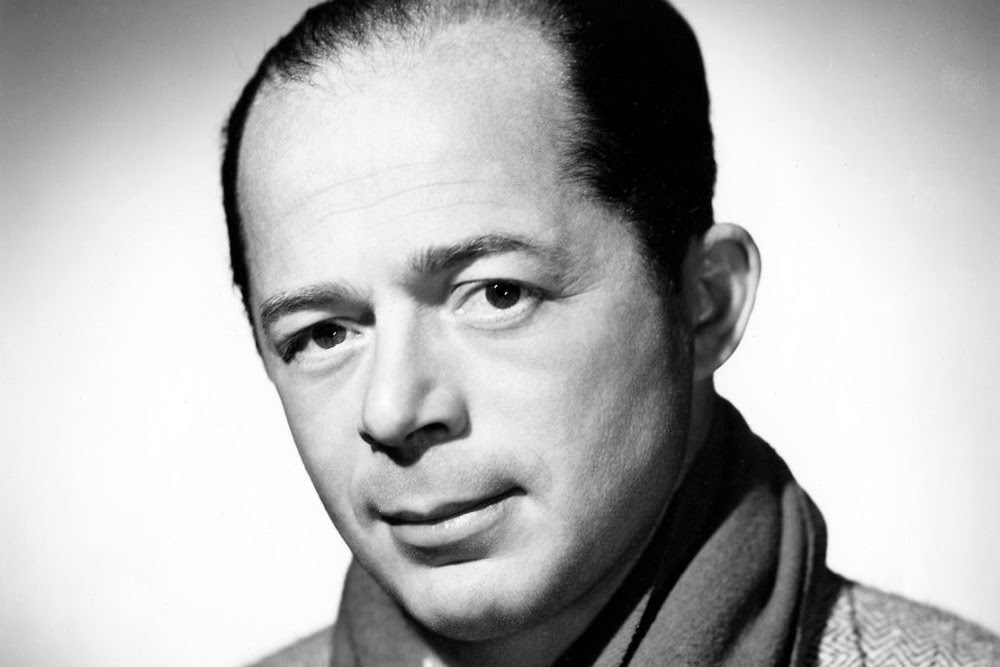 Redux: Film Is Death at Work by The Paris Review
Redux: Film Is Death at Work by The Paris Review
 A Supposedly Fun Thing I’ll Never Make Money from Again by Jenn Shapland
A Supposedly Fun Thing I’ll Never Make Money from Again by Jenn Shapland
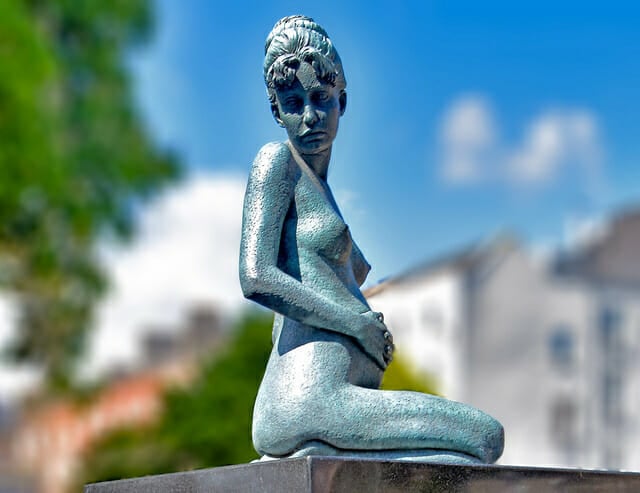 Dublin in My Tears
Dublin in My Tears
I Still Know What You Did Last Summer
 Max B. Sawicky ,October 31, 2017 I Still K
...[Details]
Max B. Sawicky ,October 31, 2017 I Still K
...[Details]
Emily Dickinson’s White Dress by Martha Ackmann
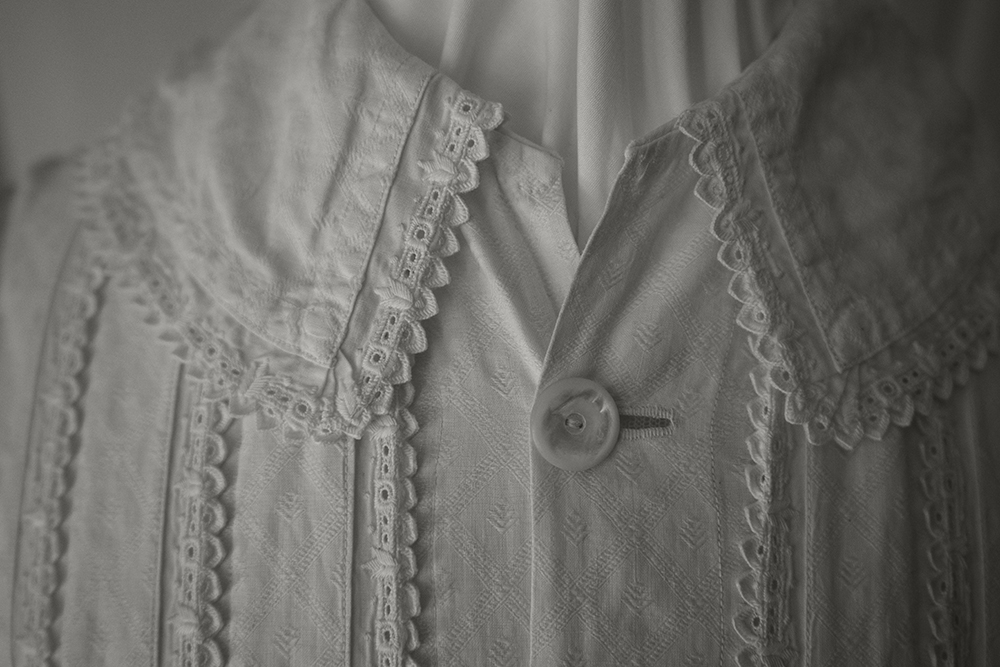 Emily Dickinson’s White DressBy Martha AckmannFebruary 25, 2020Arts & CulturePhoto: James Gehrt.
...[Details]
Emily Dickinson’s White DressBy Martha AckmannFebruary 25, 2020Arts & CulturePhoto: James Gehrt.
...[Details]
Who Are the Hanged Men? by Kara Walker
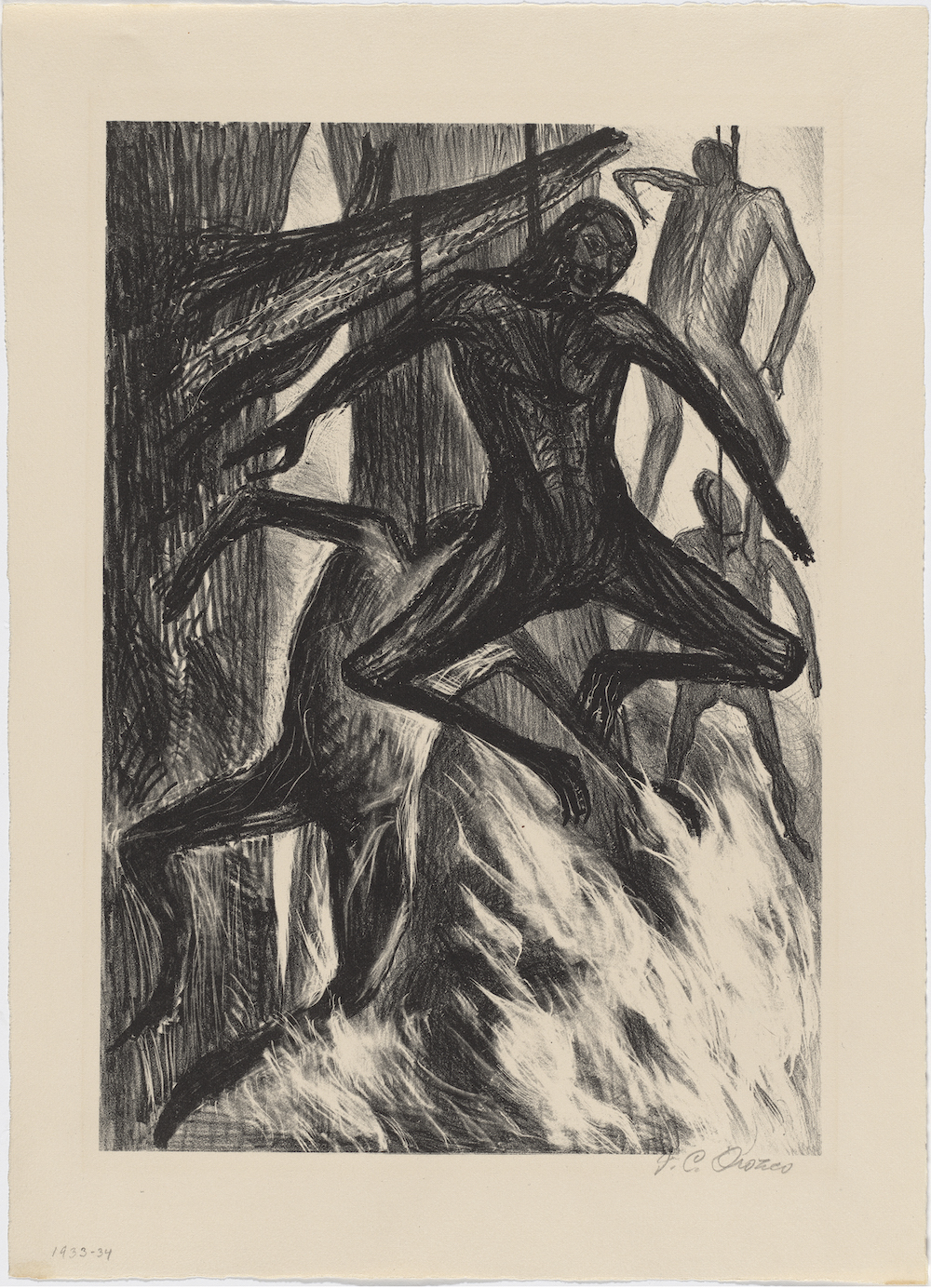 Who Are the Hanged Men?By Kara WalkerJanuary 22, 2020Arts & CultureJosé Clemente Orozco, The Han
...[Details]
Who Are the Hanged Men?By Kara WalkerJanuary 22, 2020Arts & CultureJosé Clemente Orozco, The Han
...[Details]
Witchcraft and Brattiness: An Interview with Amina Cain by Martin Riker
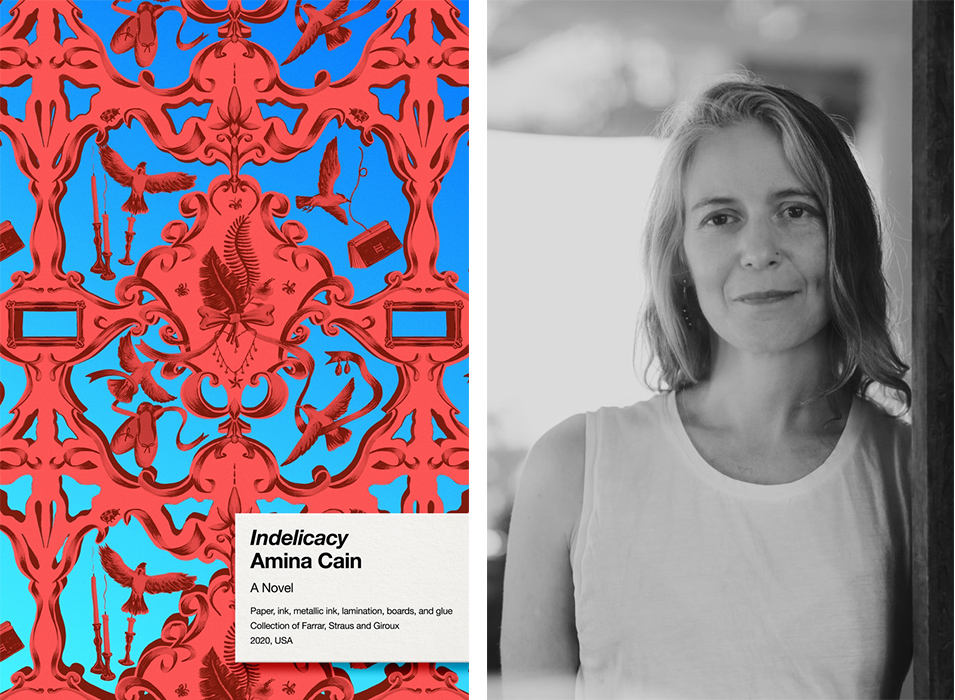 Witchcraft and Brattiness: An Interview with Amina CainBy Martin RikerFebruary 11, 2020At WorkI met
...[Details]
Witchcraft and Brattiness: An Interview with Amina CainBy Martin RikerFebruary 11, 2020At WorkI met
...[Details]
 Randy R. Potts ,May 11, 2018 What So Proud
...[Details]
Randy R. Potts ,May 11, 2018 What So Proud
...[Details]
Notes of a Chronic Rereader by Vivian Gornick
 Notes of a Chronic RereaderBy Vivian GornickFebruary 5, 2020Arts & CultureIt has often been my e
...[Details]
Notes of a Chronic RereaderBy Vivian GornickFebruary 5, 2020Arts & CultureIt has often been my e
...[Details]
The Collages of Max Ernst by The Paris Review
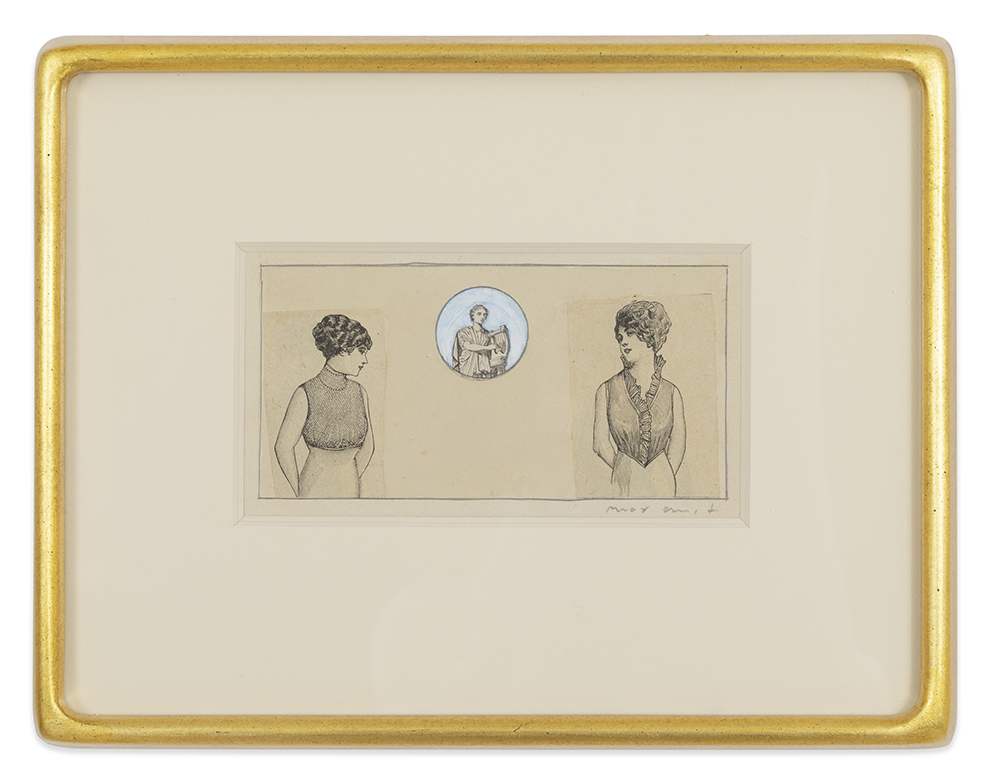 The Collages of Max ErnstBy The Paris ReviewFebruary 6, 2020LookFew bodies of work represent the spl
...[Details]
The Collages of Max ErnstBy The Paris ReviewFebruary 6, 2020LookFew bodies of work represent the spl
...[Details]
Whiting Awards 2020: Diannely Antigua, Poetry
 Diannely Antigua, PoetryBy Diannely AntiguaMarch 25, 2020Whiting Awards 2020Diannely Antigua. Photo:
...[Details]
Diannely Antigua, PoetryBy Diannely AntiguaMarch 25, 2020Whiting Awards 2020Diannely Antigua. Photo:
...[Details]
 David A. Banks ,January 24, 2018 Engineere
...[Details]
David A. Banks ,January 24, 2018 Engineere
...[Details]
Zane Grey’s Westerns by Rae Armantrout
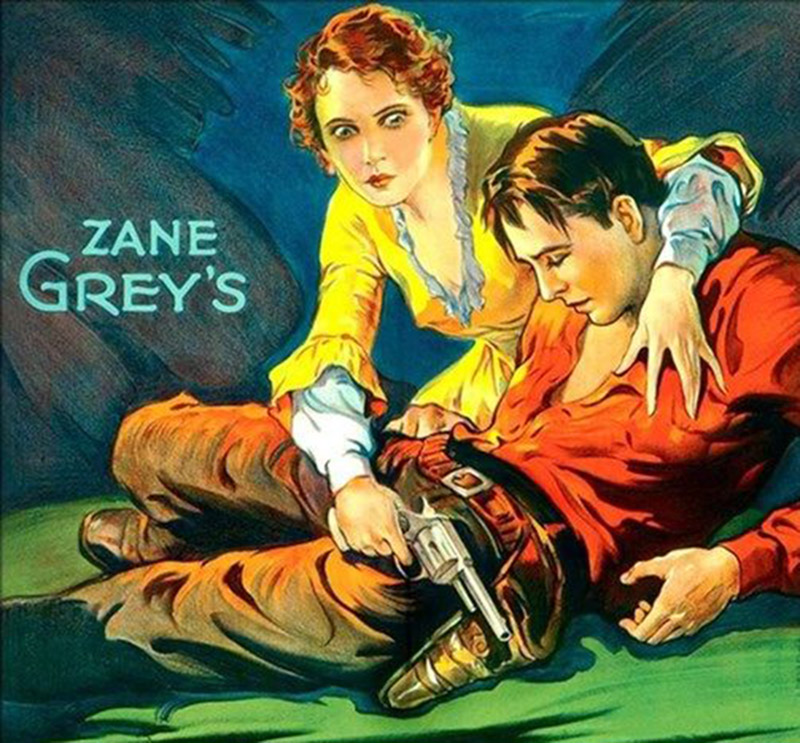 Zane Grey’s WesternsBy Rae ArmantroutFebruary 10, 2020RevisitedRevisited is a series in which writer
...[Details]
Zane Grey’s WesternsBy Rae ArmantroutFebruary 10, 2020RevisitedRevisited is a series in which writer
...[Details]
接受PR>=1、BR>=1,流量相当,内容相关类链接。